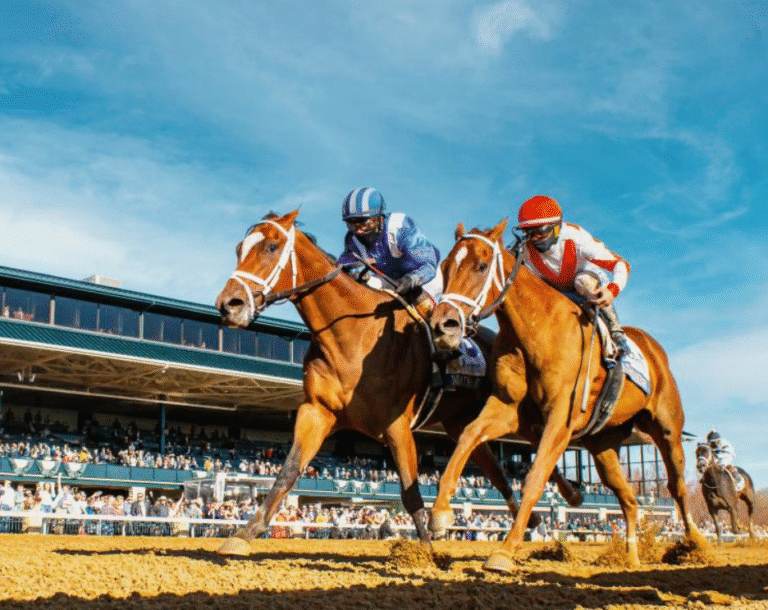Horse Racing and the Economy: How the Sport Contributes to Local Economies
Horse racing plays a critical role in boosting local economies. It creates numerous jobs, from trainers to veterinarians, offering stable employment across various sectors. Additionally, racetracks attract tourists, leading to increased revenue for local businesses. This economic activity fosters community vibrancy and cultural exchange. However, the full extent of these benefits, along with the long-term effects on social cohesion, warrants further exploration. What deeper implications does this industry hold for community development?
Job Creation in the Horse Racing Industry
Although often overlooked, the horse racing industry plays a significant role in job creation across various sectors of the economy.
It generates stable employment opportunities, supporting a range of equine careers, from trainers to veterinarians.
Data indicates that thousands depend on this industry, illustrating its importance in promoting economic freedom and diversity, while fostering a robust labor market that extends beyond the racetrack.
See also: Horse Racing and Betting: The Best Strategies for Beginners
Economic Impact on Local Businesses
The economic impact of horse racing on local businesses is profound, as racetracks often serve as catalysts for regional economic activity.
Betting revenues generate significant cash flow, benefiting bars, restaurants, and retail shops.
Additionally, sponsorship deals with local companies enhance community engagement and create strategic partnerships, further stimulating growth.
Ultimately, horse racing fosters an ecosystem where local enterprises thrive, reflecting the sport’s integral role in economic vitality.
Tourism and Event Hosting
While horse racing is often viewed primarily as a sporting event, it also plays a crucial role in attracting tourism and hosting significant events that bolster local economies.
Betting incentives draw visitors to racetracks, transforming them into popular tourist attractions. This influx not only increases revenue for local businesses but also enhances cultural exchange, fostering a vibrant atmosphere essential for community growth.
Long-Term Community Benefits
Sustainability emerges as a key factor in understanding the long-term community benefits of horse racing. The sport fosters sustainable development through job creation and infrastructure enhancement while promoting community engagement.
| Benefit | Impact | Long-Term Effect |
|---|---|---|
| Economic Growth | Increases local business revenue | Enhanced community resilience |
| Social Cohesion | Fosters community events | Strengthened local identity |
| Environmental Stewardship | Promotes green practices | Sustainable urban spaces |
Conclusion
In conclusion, the intersection of horse racing and local economies reveals a surprising synergy; as racetracks attract visitors, they inadvertently bolster job creation and support local businesses, creating a ripple effect throughout the community. This economic vitality, often overshadowed by the glamour of the sport, underscores the industry’s role in fostering sustainable development. Coincidentally, the thriving atmosphere at these events not only rejuvenates the local economy but also enhances social cohesion, making horse racing an unexpected cornerstone of community resilience.





